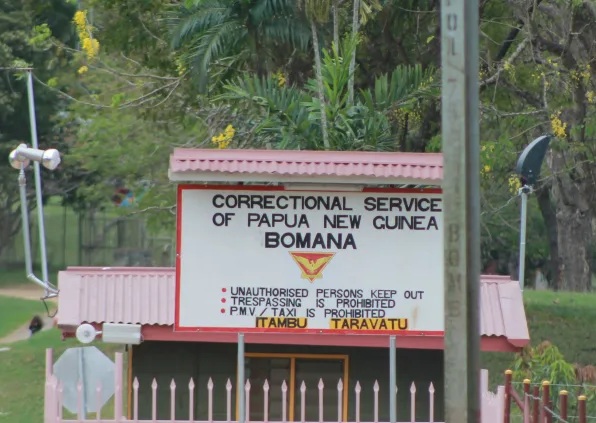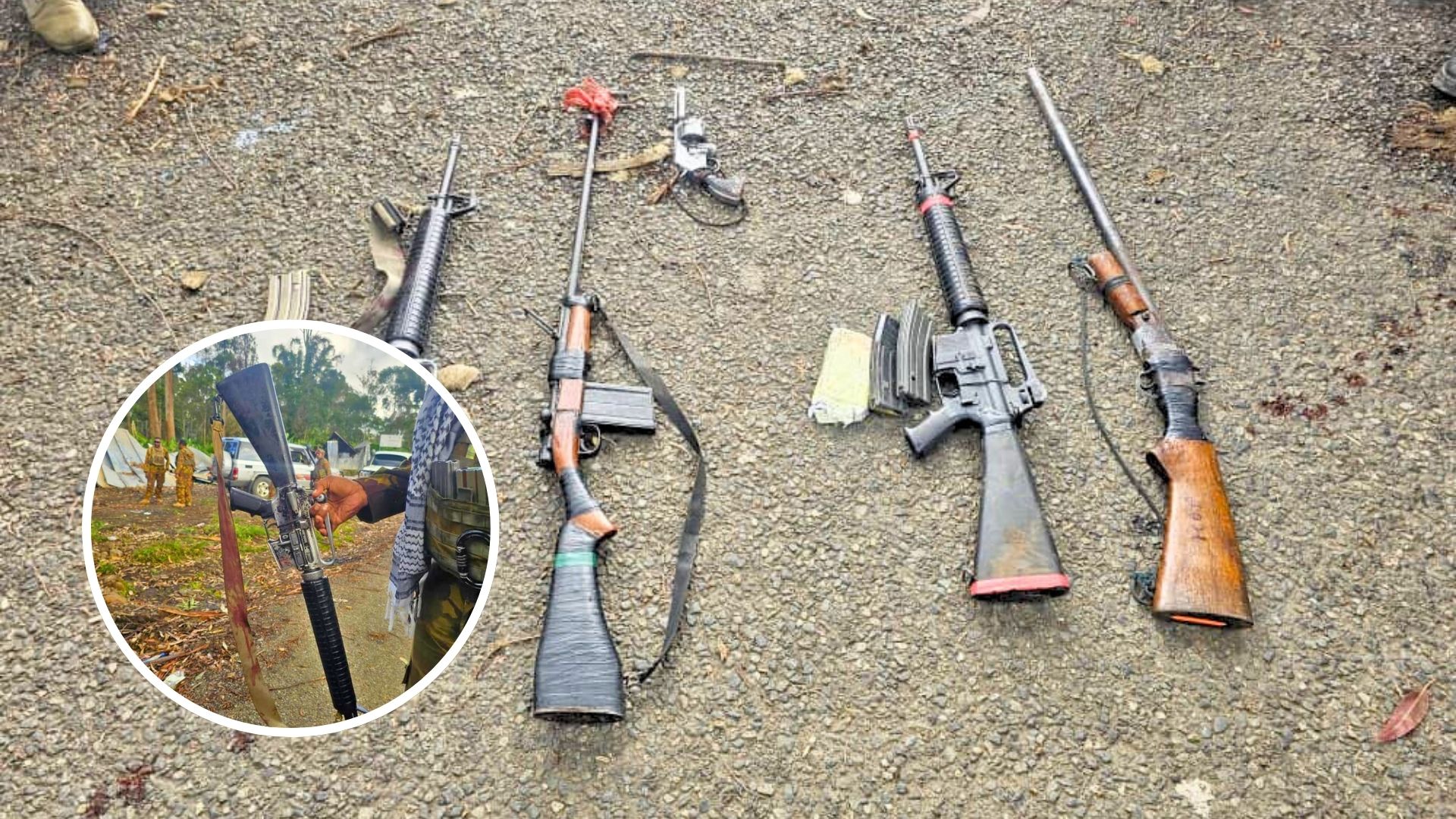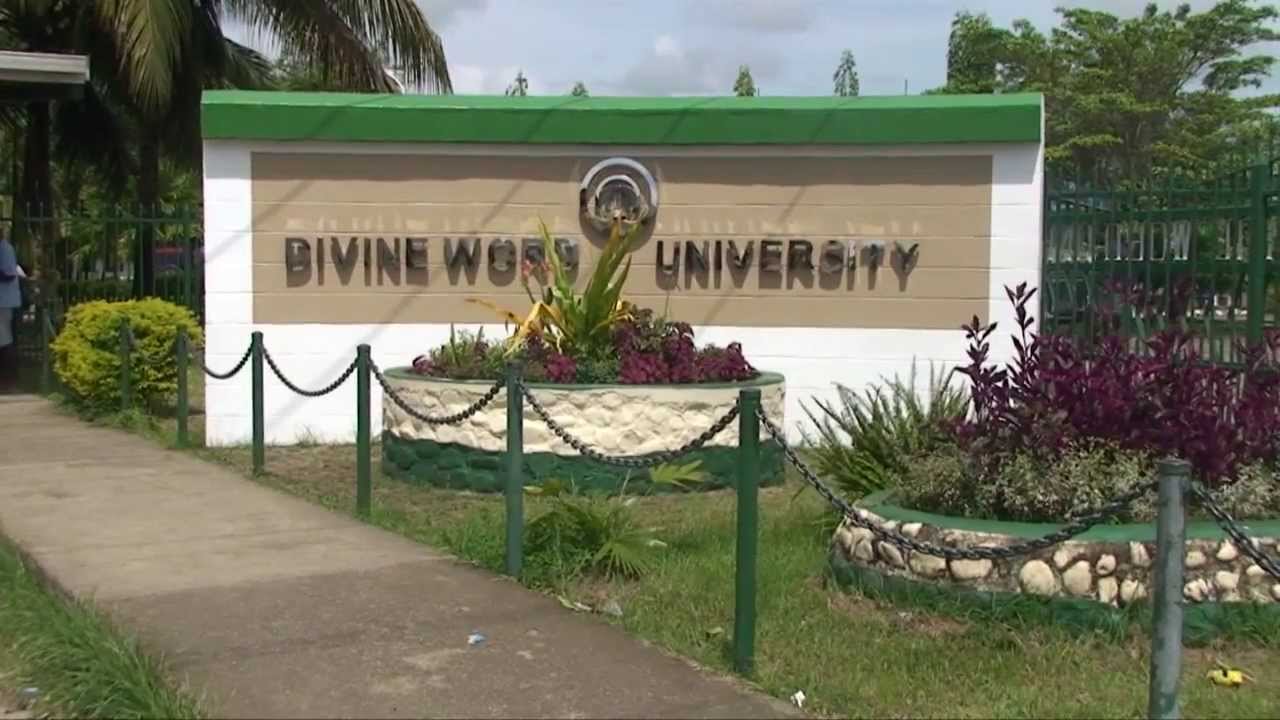NEWS
GOVERNOR WENGE CHAIRS NEW BIPARTISAN COMMITTEE ON PROVINCIAL GOVERNMENT SYSTEMS
![]() By Emmanuel MAIPE |
October 17, 2023
By Emmanuel MAIPE |
October 17, 2023

Related News
LATEST NEWS






